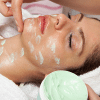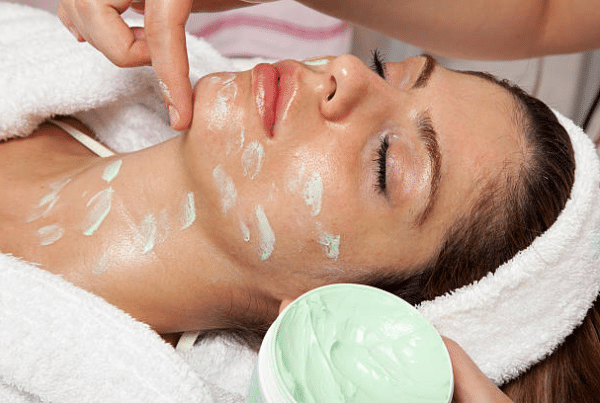When it comes to skincare, understanding your skin type is crucial for effective care. Two common terms often used interchangeably are “dry skin” and “dehydrated skin.” However, they are distinct skin conditions with unique characteristics and causes. In this comprehensive guide, we’ll delve into the differences between dry and dehydrated skin, exploring their causes, symptoms, treatment options, and preventative measures.
What is Dry Skin?
Dry skin is a skin type characterized by the lack of natural oils or lipids, leading to a rough, flaky, or itchy complexion. It tends to be a long-term condition influenced by genetic predispositions and environmental factors.
What is Dehydrated Skin?
Dehydrated skin, on the other hand, refers to a temporary lack of water in the skin, often due to external factors such as weather, diet, or lifestyle choices. Even oily skin types can experience dehydration.
Causes of Dry Skin
Environmental Factors
Dry air, harsh climates, excessive sun exposure, and cold weather can strip the skin of its natural oils, contributing to dryness.
Genetics and Age
Genetics play a role in determining skin type, with some individuals naturally prone to dryness. Additionally, aging reduces the skin’s ability to produce oils, exacerbating dryness.
Skincare Products
Certain skincare products, especially those containing harsh chemicals or alcohol, can further deplete the skin’s natural oils, leading to dryness.
Causes of Dehydrated Skin
Lack of Moisture
Dehydrated skin occurs when the skin lacks water, often due to insufficient hydration or excessive caffeine or alcohol consumption.
Diet and Lifestyle Factors
Poor diet choices, excessive caffeine, and alcohol intake can contribute to dehydrated skin. Additionally, environmental factors like air conditioning or heating can strip moisture from the skin.
Signs and Symptoms
Dry Skin Indications
Dry skin often presents as rough, flaky patches, itchiness, redness, and in severe cases, cracking or bleeding.
Dehydrated Skin Indications
Dehydrated skin typically feels tight, appears dull, and may show more pronounced fine lines or wrinkles due to the lack of water content.
Skincare Tips for Dry Skin
Hydrating Ingredients
Look for skincare products containing ingredients like hyaluronic acid, glycerin, or natural oils to replenish moisture and soothe dry skin.
Moisturizing Routine
Establish a regular skincare routine involving gentle cleansing and applying a rich, emollient moisturizer to lock in hydration.
Top Moisturizer Products We Highly Recommend
Moisturizers Archives – Bareface (barefaceaesthetic.com)
Skincare Tips for Dehydrated Skin
Boosting Hydration Levels
Increase water intake, use hydrating serums or masks, and avoid harsh skincare products to restore moisture to dehydrated skin.
Lifestyle Changes
Adopt a balanced diet, limit caffeine and alcohol consumption, and use a humidifier to combat environmental dryness.
Treatment Options
Dry Skin Treatments
Use moisturizers, gentle cleansers, and incorporate hydrating facial masks or oils to alleviate dryness.
Dehydrated Skin Treatments
Focus on hydrating products, switch to milder cleansers, and consider treatments like hyaluronic acid-based serums to rehydrate the skin.

Prevention Methods
Preventing Dry Skin
Maintain a consistent skincare routine, protect the skin from harsh weather, and use gentle, fragrance-free products.
Preventing Dehydrated Skin
Stay adequately hydrated, follow a balanced diet, and adapt skincare routines to combat environmental factors affecting hydration.
Misconceptions
Common Misunderstandings
It’s crucial to differentiate between dry and dehydrated skin, as misunderstanding may lead to improper treatment choices.
Consulting a Dermatologist
When in doubt or experiencing persistent skin issues, consulting a dermatologist can provide tailored solutions and recommendations.
Conclusion
Understanding the disparities between dry and dehydrated skin is fundamental for effective skincare. By recognizing their unique characteristics, causes, and suitable treatments, individuals can devise personalized routines for healthy, nourished skin.
 5 6 1 . 8 1 0 . 0 5 5 5
5 6 1 . 8 1 0 . 0 5 5 5 









